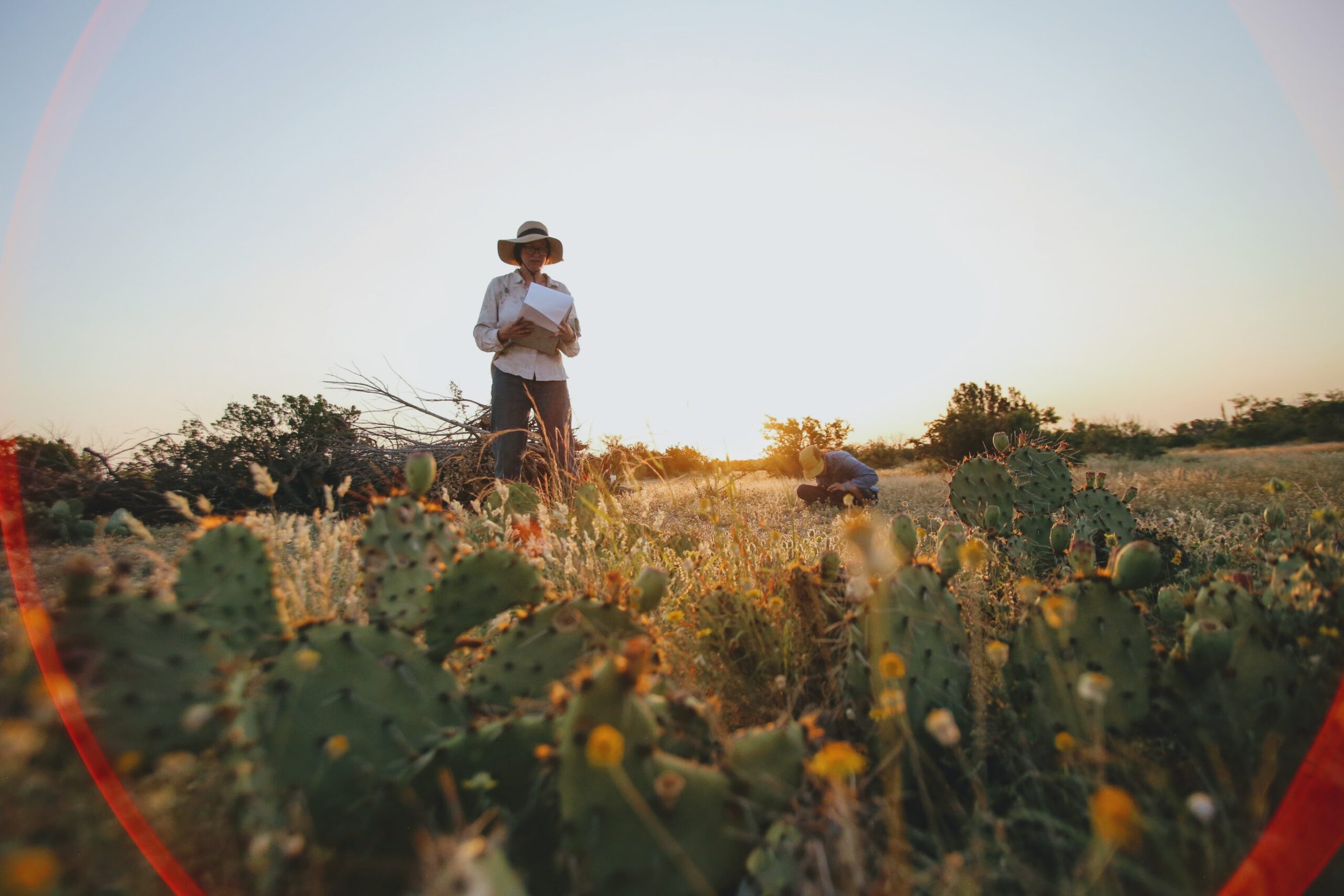
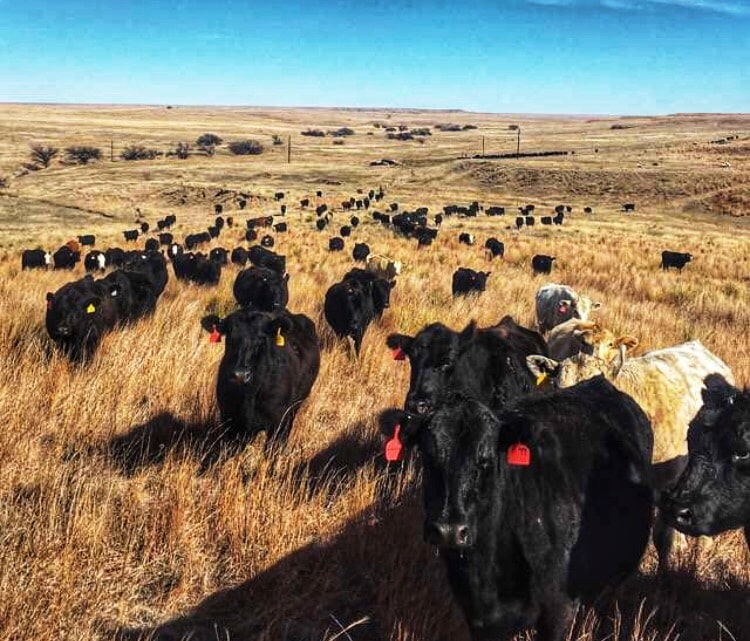
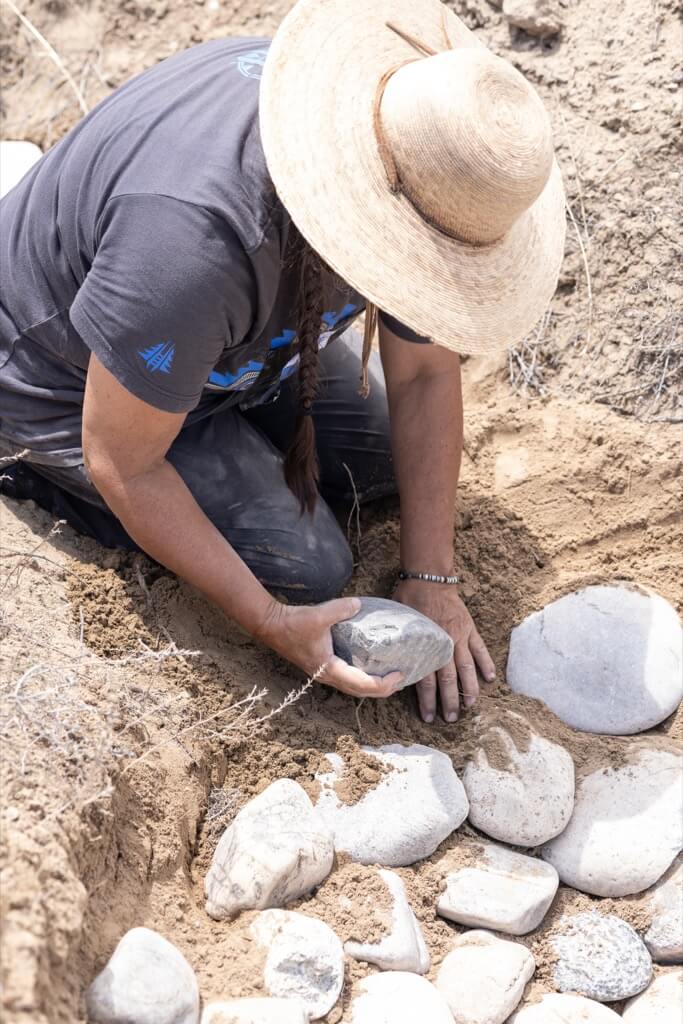
We seek to answer
Two Questions
- How can we use the healthy soil principles to increase productivity, diversity, and resilience (to drought, erosion, wildfire, etc.) on working drylands?
- How can waste be transformed to improve ecological, social, and economic outcomes for rural producers?
We work to answer the questions through:
Research:
Conduct research that is participatory and collaborative and results in outcomes that can be applied to working lands
Engagement:
Onsite, hands-on workshops that highlight techniques that increase ecosystem resilience in arid and semi-arid working lands and build community to support these endeavors.
Technical support:
Funding, planning, demonstration, and monitoring/evaluation to work within an operation’s social, economic, and ecological context to help meet regenerative goals.
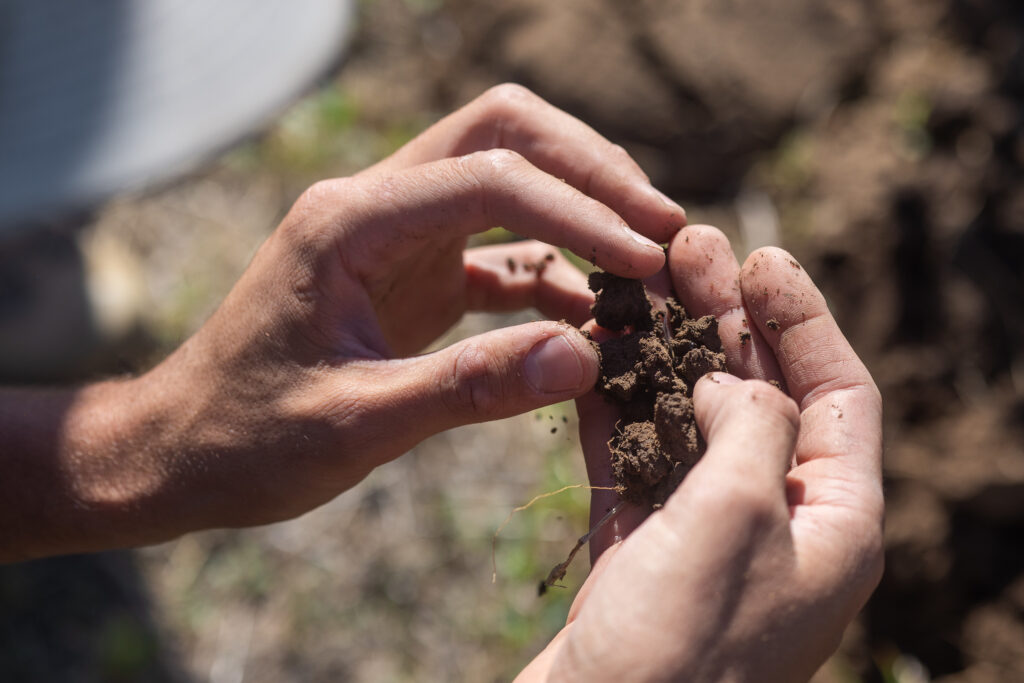
Technical Support
Soil to Supper
The Soil to Supper Project will support producers to get more meat and other livestock products into regional supply chains while reducing waste, increasing soil health, and building climate resilience.
Carbon Ranch Initiative
Video Library
Introduction to Aerated Static Pile Composting
Aerated static pile composting is one way to create compost on your own land. Learn the basics of this method.
Drone Footage of Carbon Ranch Initiative Compost Trials at Sol Ranch, Wagon Mound, New Mexico
See how compost is used to improve rangelands in New Mexico.
Biochar in the Southwest Webinar
We hope to increase awareness of biochar’s potential benefits across Southwestern landscapes- for contributing to soil health, particularly drought resilience, and for mitigating the risk of catastrophic wildfires.
Equipment Loans
We have equipment loans available to support people doing their own land stewardship. Items available are a biochar kiln, water tote, and rock carriers. Contact us with any questions, or fill out the form below to get a loan request started.

